With less than a month left the year, now is a good time to start thinking about New Years Resolutions. Does your skin play a part in yours?
Here are my suggestions for the Top 5 Skin Care Resolutions:
1. Love your skin!
First, (and this is super important!) pick one thing about your skin that you absolutely love. I battled acne in my teens and my 20’s which means that in my 40’s I get to enjoy the benefits of all that extra oil production. It’s important to take a moment and appreciate what we love about ourselves!
2. Wear a product with at least SPF30 every day.
Concerned about controversial sunscreen chemicals? Choose an option with a physical block and pair it with Vitamin D in your multivitamin. This is important year round, no matter wear you live. When the sun is out, you are being exposed to UVA rays which are the rays that damage your collagen and cause premature aging.
3. Get to the dermatologist for a mole check, especially if you’ve never had one.
The frequency of recommended mole checks varies according to your age, history of sun exposure and family history of skin cancer, your dermatologist will tell you what is right for you. Monthly self exams are also recommended.
4. Schedule a consultation with your esthetician.
How long has it been since you’ve reviewed your skin care goals? Sometimes we can go for years using the same skin care products and receiving the same treatments without stopping to check in and see if they are still right for us.
5. Set small skin care goals so you can achieve them.
Overhauling your entire routine is tough, pick one or two things to work on. Washing your face before bed is a great place to start! Got that down? Exfoliating at least once a week is super important too!
Make this the year of great skin!


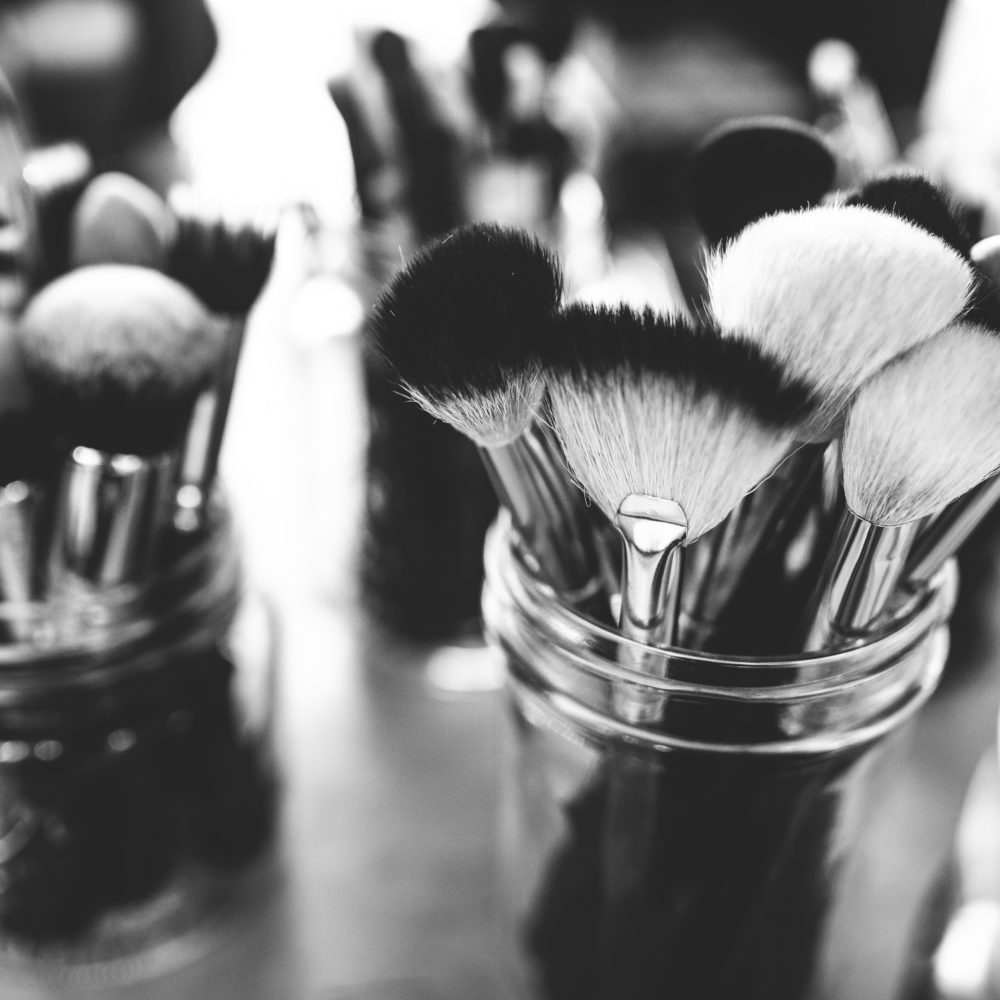
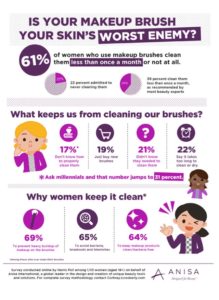
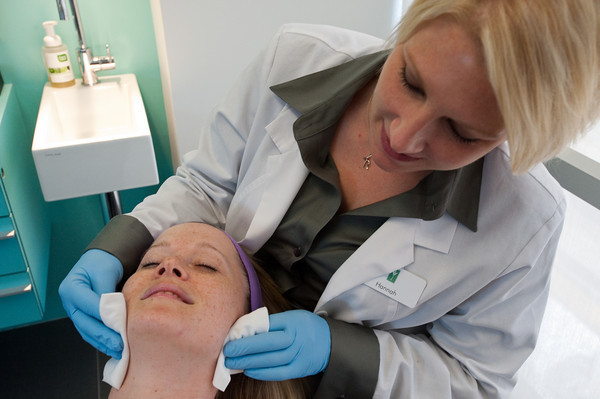
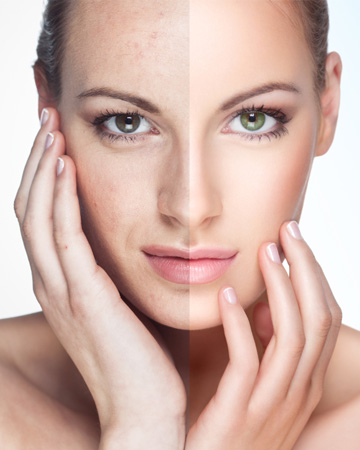
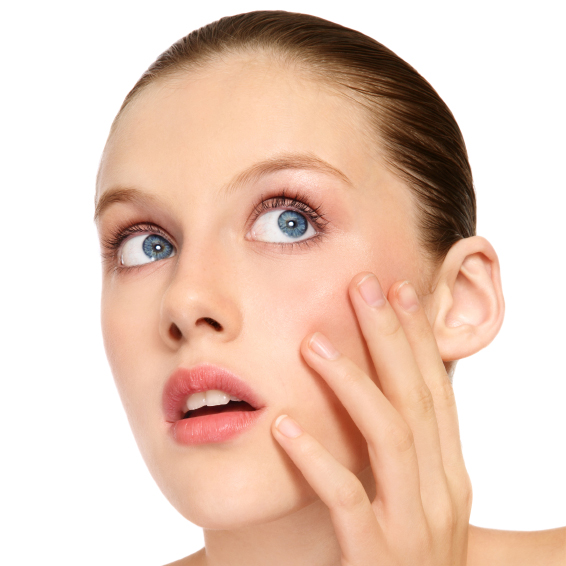

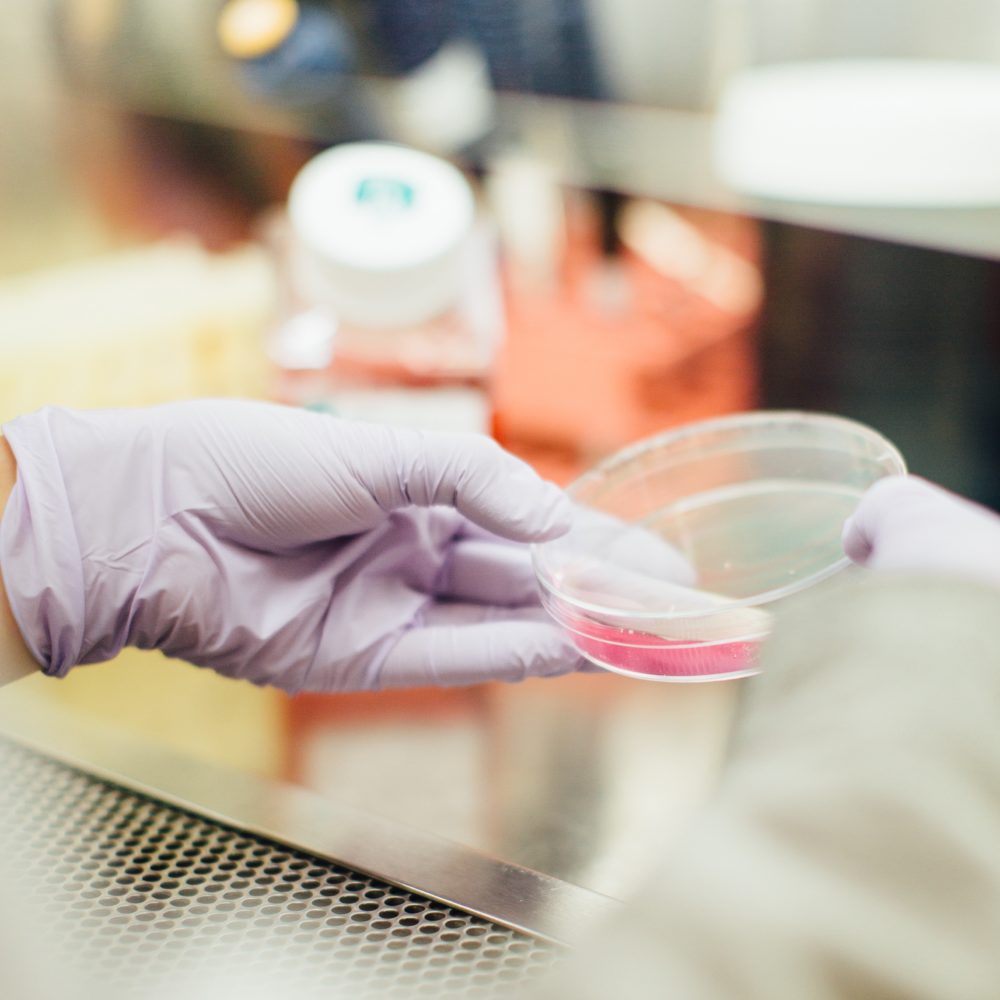
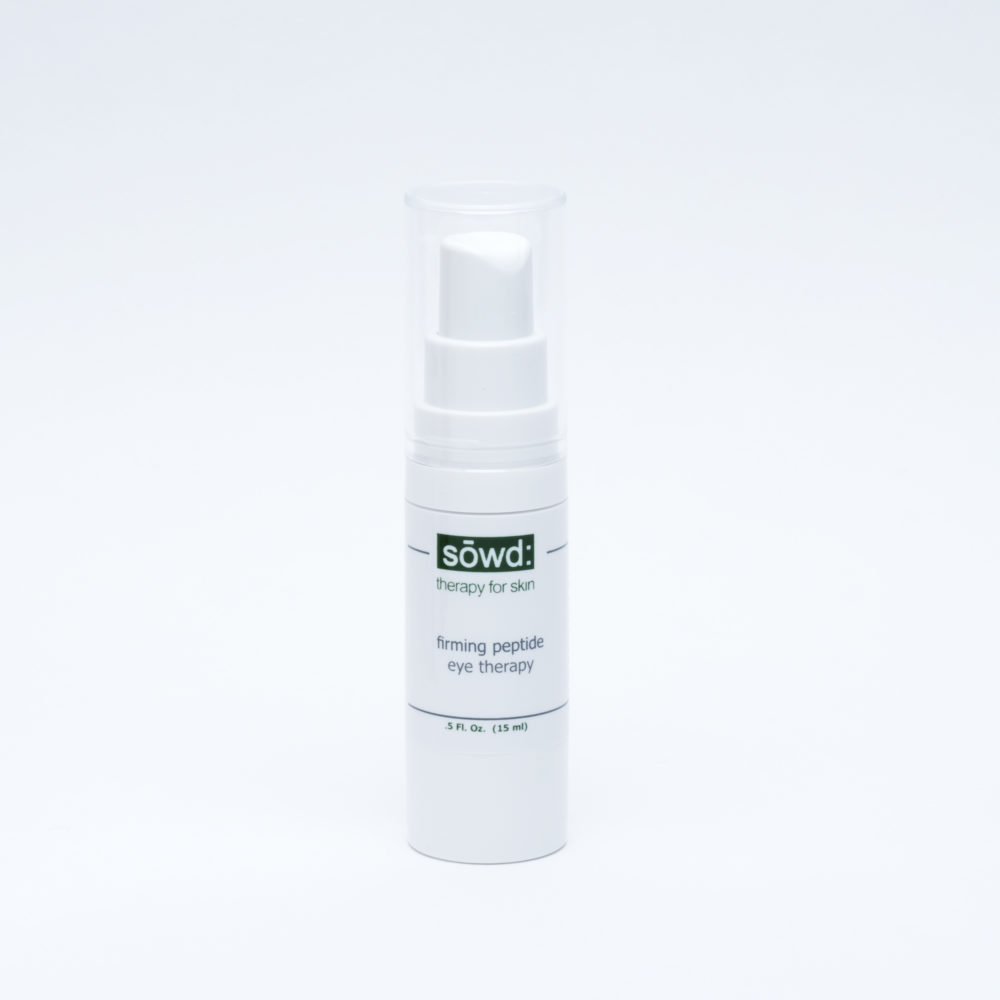
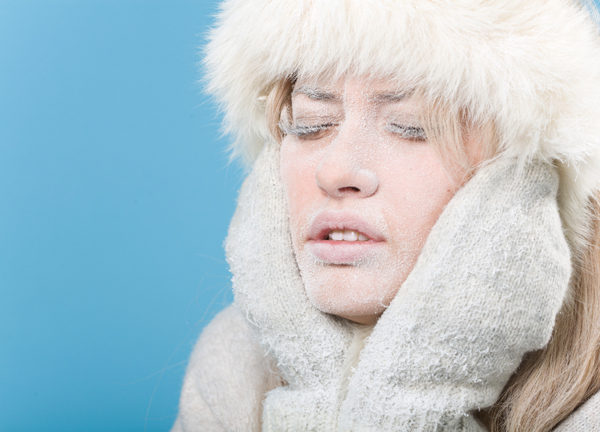
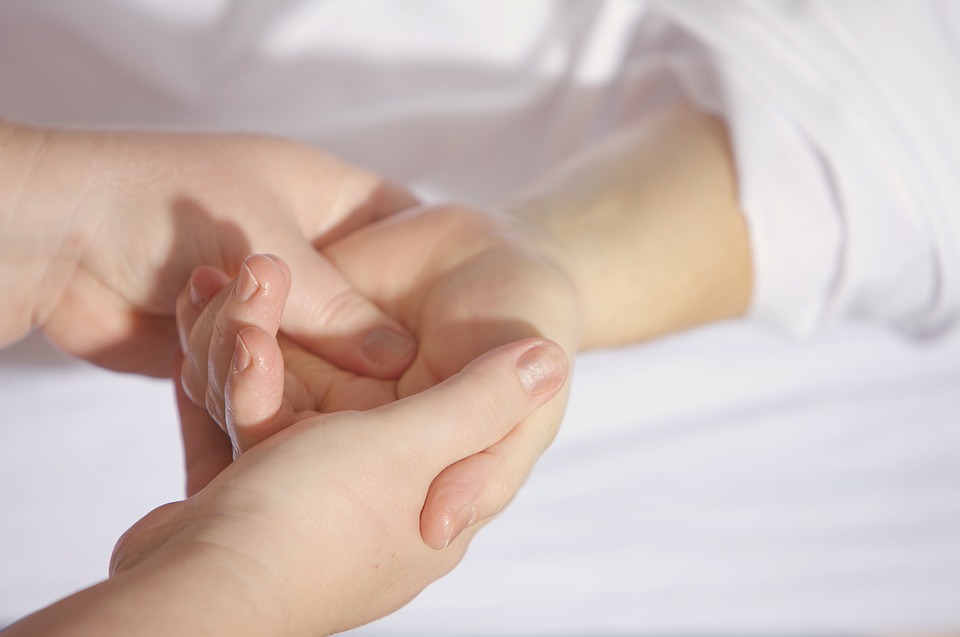

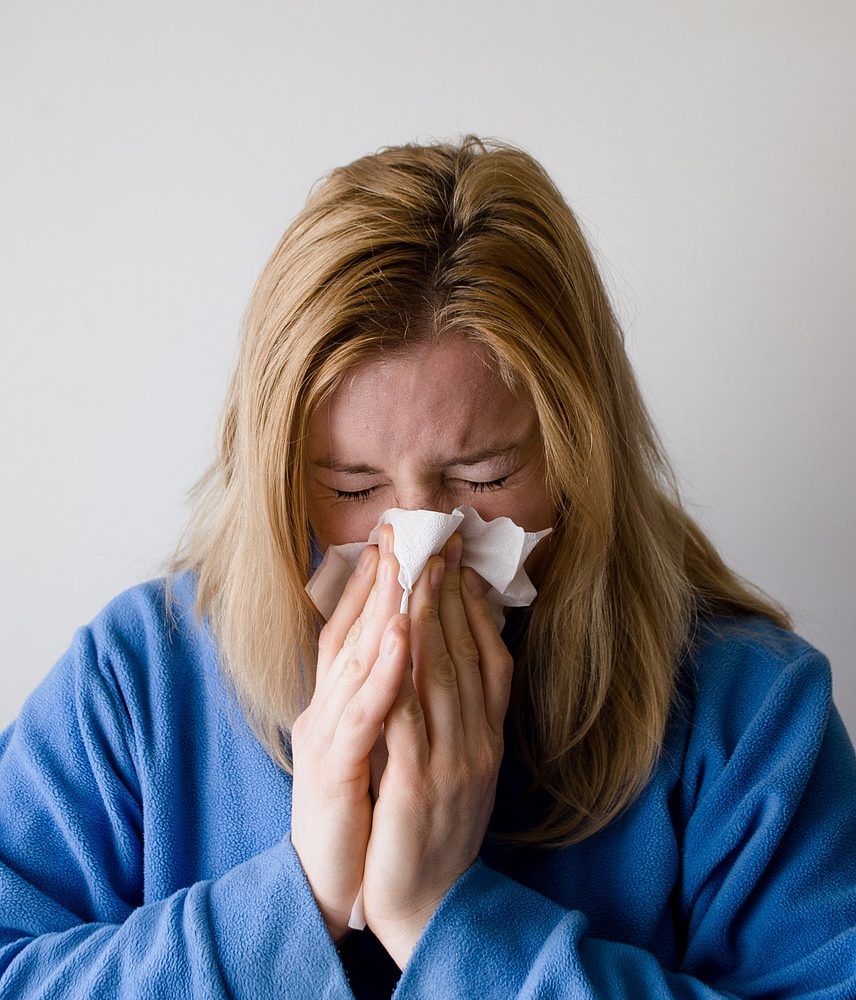

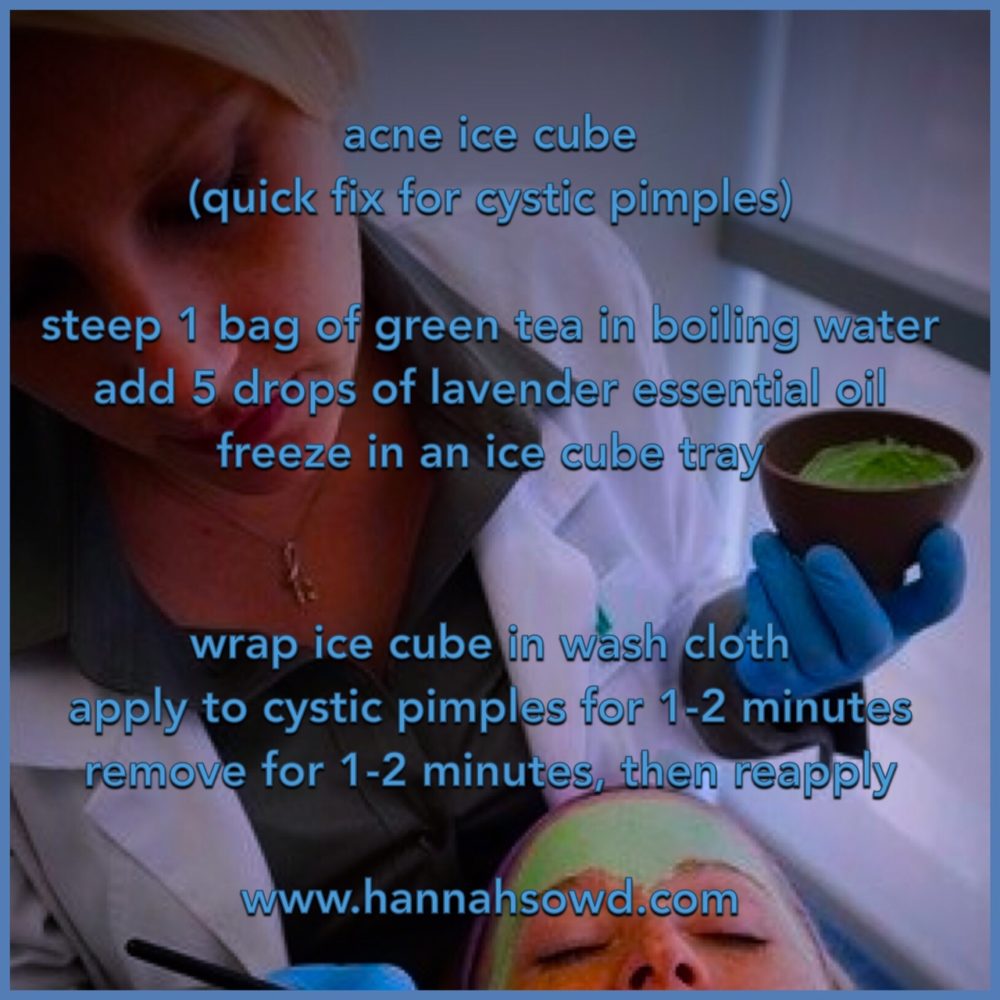

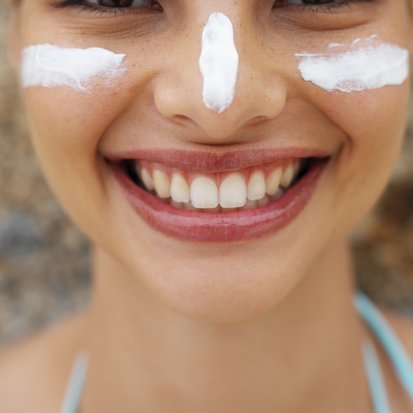
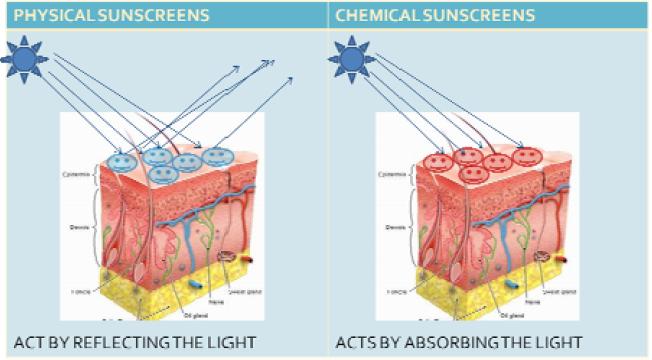 Chemical sunscreen ingredients like avebenzone and oxybenzone absorb the light rays to protect the skin from damage.
Chemical sunscreen ingredients like avebenzone and oxybenzone absorb the light rays to protect the skin from damage.




